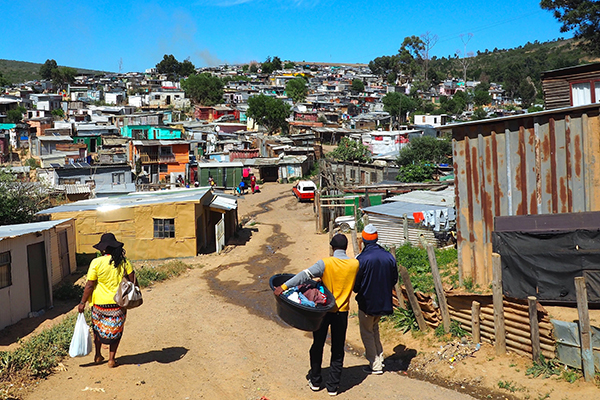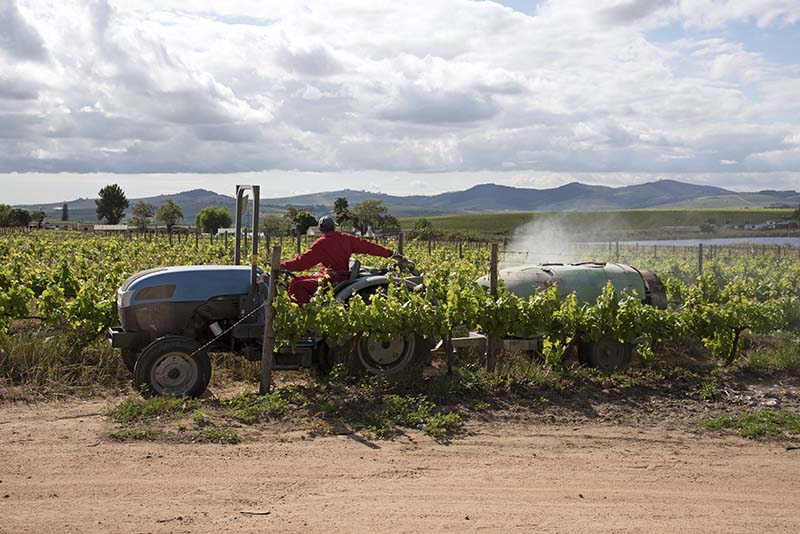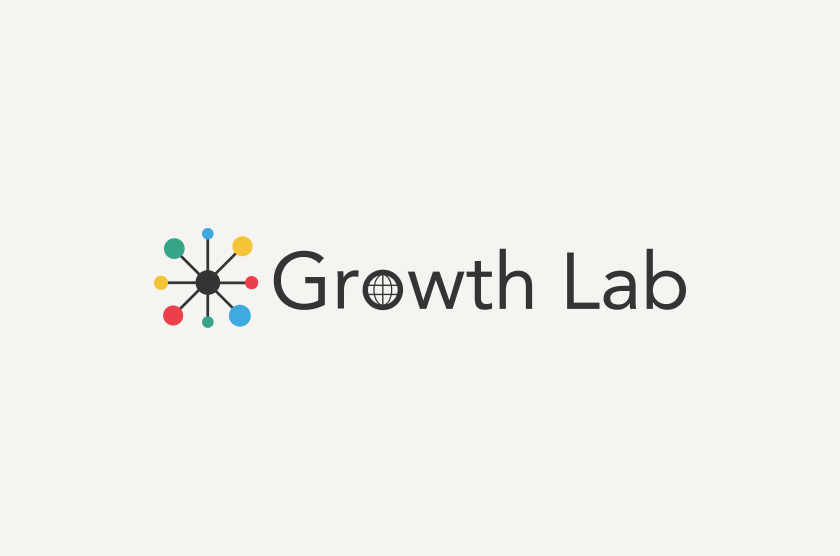Growth Through Inclusion in South Africa
This two-year research project aims to diagnose the causes of South Africa’s economic challenges and collaborate with government and beyond to accelerate growth and include more South Africans in the process.
Project Dates
July 2021–June 2023
Supported By
Centre for Development and Enterprise
South Africa had experienced more than a decade of weak and slowing economic growth at the onset of the COVID-19 pandemic. The South African economy has consistently lost economic diversity and complexity over time and has faced a stagnation in domestic demand alongside loss in international competitiveness. This compounds longer-term problems of extremely high inequality, widespread unemployment, and high prevalence of poverty that South Africa has struggled to overcome since the end of apartheid. As growth has slowed, fiscal challenges and macroeconomic risks have grown. South Africa has faced the evolving pandemic from a vulnerable macroeconomic position and with deep structural challenges in its labor market.
More About this Project
This two-year research project aims to diagnose the causes of South Africa’s economic challenges and collaborate with government and beyond to accelerate growth and include more South Africans in the process of economic growth. The project is a research collaboration centered with South Africa’s National Treasury and in coordination with the Centre for Development and Enterprise (CDE), one of South Africa’s leading think tanks. The research team is engaging with national and local governments and collaborating with the South African academic and business communities. This project builds upon earlier Growth Lab research on South Africa.
As of the end of 2022, project research has led to a deeper understanding of the role of spatial issues in the structure of South Africa’s labor markets and diagnosed critical constraints as well as promising opportunities for several economic sectors. In the remaining six months of the project, the focus is on developing innovative solutions to spatial problems (through housing and transport systems and markets that connect knowhow to new places), supporting adaptation of key growth strategies and reforms, and analytical assistance on navigating macroeconomic risks and challenges.


Growth Through Inclusion
South Africa is facing severe economic and social challenges, including weak and declining economic growth and the world’s highest inequality and unemployment. This report is the result of a two-year applied research project by the Growth Lab that worked to understand why South Africa is struggling so mightily to grow its economy and to include more South Africans, now three decades since the end of apartheid. The report offers a path forward.

Growth Through Inclusion in Summary
To reach its true economic potential, South Africa must recover state capacity and include more of its citizens. South Africa has seen its economic capabilities erode over the last two decades as public goods and services have broken down. At the same time, state strategies to empower the black population and reverse past exclusion have not overcome deep structures of spatial exclusion. New green growth opportunities are substantial but will require new strategies.

State Capacity as a Constraint to Growth
Economic growth in South Africa is constrained by the insufficient availability of critical public goods and services essential for production. The provision of electricity, transport infrastructure (including freight rail, ports, roads, and passenger rail), water and sanitation, and security have deteriorated substantially over the last generation. This chapter explores the crises of South Africa’s electricity system and municipal government performance in depth and identifies four interacting causes of widespread state collapse.

Spatial Exclusion as a Constraint to Growth
South Africa is exceptional in its spatial patterns of economic exclusion. South Africa’s employment and unemployment rates vary enormously across geographic space. In urban areas, including major metros and secondary cities, we find that current housing policies and urban planning inadvertently exacerbate exclusion. Meanwhile, rural former homelands have been effectively left behind from the modern economy. We identify key strategies for “bridging knowhow” with these areas, which must coincide with expanding infrastructure connectivity.

South Africa’s Green Growth Potential
South Africa has a role to play in a decarbonizing world, but not merely by reducing its own emissions. South Africa has the potential to supply many of the minerals, manufactured goods, services, and innovations that the world will need to decarbonize. This chapter discusses three strategies for capitalizing on South Africa’s green growth potential to develop new comparative advantages.South Africa is exceptional in its spatial patterns of economic exclusion. South Africa’s employment and unemployment rates vary enormously across geographic space. In urban areas, including major metros and secondary cities, we find that current housing policies and urban planning inadvertently exacerbate exclusion. Meanwhile, rural former homelands have been effectively left behind from the modern economy. We identify key strategies for “bridging knowhow” with these areas, which must coincide with expanding infrastructure connectivity.
Affiliated Publications
Podcast
In this podcast series, Ricardo Hausmann and members of the research team discuss the challenges facings South Africa including collapsing state capacity, the electricity crisis, urban planning and spatial exclusion, and opportunities for green growth.
Guests include Nomvuyo Guma, Chief Director of Microeconomic Policy at the National Treasury; Saul Musker, Director of Strategy and Delivery Support of the private office of the President; Chris Yelland, Energy Analyst; Carel Kleynhans, CEO of Divercity Property Group, and Joanne Bate, Chief Operating Officer of South Africa’s Industrial Development Corporation.
Videos
Development Talks / Interviews
News and Blog Posts
Related Media







Tools
Atlas of Economic Complexity
Explore South Africa’s Country Profile
Metroverse: City Profiles
Explore South Africa’s City Profiles
Team Members












